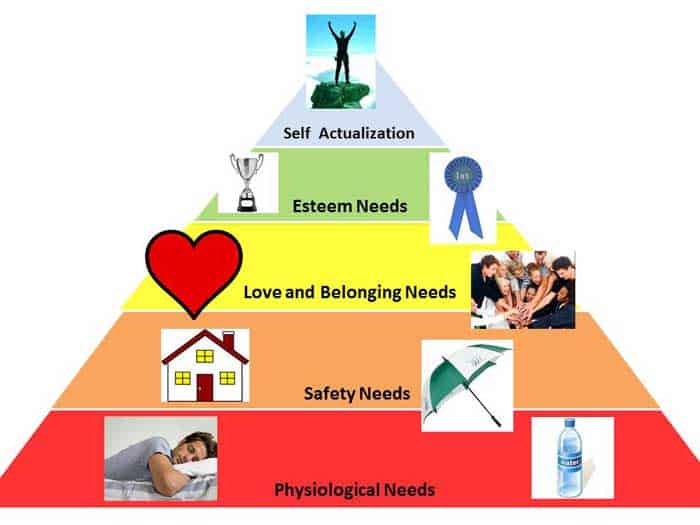Self-actualisation – moving from ‘Being Animal to Being Human’.
A typical individual goes to the workplace for one or both of two core reasons. The first one is to earn a livelihood and second, because work gives meaning to a human life. Animals ‘work’ to earn a livelihood. Humans also have that requirement. But humans have depth in their being. They can imagine, create, plan and strategise consciously to set and achieve a target, introspect and contemplate, possess a complex and evolved brain through which they can speak a language, comprehend mathematics, do poetry and sketching and much more. Doing all or some of this shifts a generic being from the common animal kingdom to a higher scale of a human being.
But it is appalling to see the same human beings with a potential to do so much having to be disciplined to come to the workplace on time (to start with). Whether it is the time check in the attendance register or the new biometric thumb print attendance mechanism, it has become essential to take note of the timings of the employee reporting to the office because people tend to come late when such mechanisms or reporting systems are not in place.
How animalistic is that for a being with such infinite potential? But then who’s fault is that? I hope you are not blaming the organisation. It is obviously an extra work, pain and cost for organisation too, to manage all of this in addition to then ‘motivate’the long faced’ cribbing employees having being punished (salary cuts or whatever or even being scolded by the boss) for a stupid thing like coming late.
An individual who doesn’t want to come to the office on time and has to be pushed through the fear of punishments through such tracking will seldom be a motivated employee. The fact that he doesn’t come to office on time or craves for holidays or weekends (#mondayblues) and finds ways to escape the workplace through regular tea breaks during the day is a sure sign that this employee will always have to be pushed to work. There is a huge cost to be incurred by the organisation to push such employees through rewards (mostly extrinsic) or punishments.
Original meaning of self-actualisation
Many a research has proven that intrinsic rewards do better to keep the employee motivated than extrinsic rewards. As per the concept of the psychological contract, if the organisation is remunerating the employee fairly and on time and providing suitable work conditions, the employee is ethically supposed to provide his one hundred percent commitment and effort towards work and workplace discipline.
Self actualisation is one trait which takes care of this. Self actualisation, as proposed by Abraham Maslow as part of his Hierarchy of Needs Theory of motivation opines that an individual should use his full potential towards whatever he does and should not leave any stone unturned. But for some reason, this is highly absent in an average employee.

Activating self-actualisation
The definition of self-actualisation is much wider in essence but the basic idea is that one should know his/ her strengths and should want to use it to the maximum effect.
Self-actualisation is a natural feature in a human being, a ‘factory setting app’, it just needs to be brought out and applied – doesn’t need to be downloaded from some ‘play store’. Every individual with a willingness to grow in the career hierarchy has to first ensure that he activates this essential part within. Without inspiration to succeed and the willingness to strive to do his best it is nothing less than foolish to expect results.
An individual needs to create a synergy between his needs and the organisational requirements. This is not an easy task and that is the reason managements must invest much of their energy into creating, upgrading and upholding very mature leadership in its hierarchical ladder. But then a growth oriented individual doesn’t wait for a mature leader to activate the highest level of inspiration in him. He is already on the journey towards the summit !
Self motivated employees is the key for a healthy workplace and organic growth in an organisation. The organisation must ensure to create a culture and environment to foster the best out of employees by providing appreciation and acknowledgement of good work, responsibilities followed by autonomy and freedom to take decisions and the requisite training for the given work.
Bottomline – a successful individual works at the optimum level of ability only for self-fulfillment derived from best efforts and not because he was told by his boss to do it that way !



0 Comments